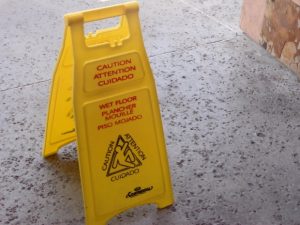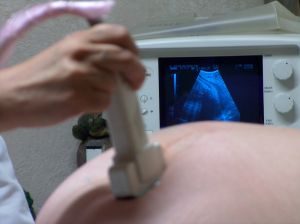Proving that negligence caused an elevator accident injury does not require expert witness testimony, the New Jersey Supreme Court ruled recently – echoing the precedent set by other state courts, including Florida.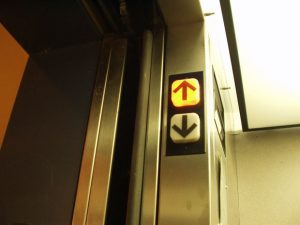
The ruling is notable for the fact that a requirement of expert witness testimony (as necessitated in medical malpractice litigation) is often an expensive and cumbersome process. Although expert witnesses can undoubtedly be critical in establishing key elements of a personal injury or wrongful death case, a mandate such opinion be required to move beyond the summary judgment phase is a substantial hurdle.
Injuries and particularly deaths caused by malfunctioning elevators are increasingly rare (and on the whole, elevators and escalators are safer than stairs). Relying on a range of government data, the Center for Construction Research and Training and the National Institute for Occupational Safety concluded in 2006 that incidents involving elevators and escalators kill about 30 people and injury roughly 17,000 a year in the U.S. Improved technology – and particularly the cables, electronics and pulley systems – have improved drastically since, as noted in a 2013 report by The Washington Post. Those who install and maintain elevators have the potential to be injured due to falls, electrical shocks, muscles strains and other injuries related to confined spaces, scaffolds, cranes, rigging, hoisting heavy equipment and lock-out/tag-out accidents. The passenger safety profile, however, is much better, with the Consumer Product Safety Commission concluding the fatality rate is 0.00000015 percent per trip. Still, a 2008 study published in the journal Accident Analysis & Prevention concluded after a review of 14 years worth of data, the injury rate was 7.8 per 100,000. Continue reading
 South Florida Injury Lawyer Blog
South Florida Injury Lawyer Blog










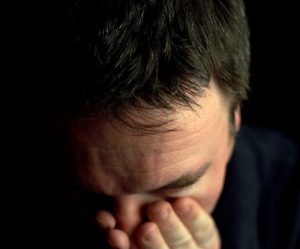
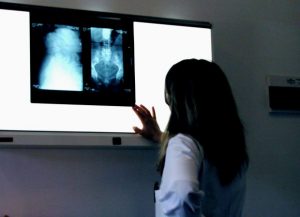
 In some cases, a doctor will say they will not know the full extent of the medical condition until they perform some type of exploratory surgery or diagnostic test, and then at that point will know the best course of treatment. There is nothing wrong with this type of approach and it is often necessary to successfully treat a patient, or even save a patient’s life.
In some cases, a doctor will say they will not know the full extent of the medical condition until they perform some type of exploratory surgery or diagnostic test, and then at that point will know the best course of treatment. There is nothing wrong with this type of approach and it is often necessary to successfully treat a patient, or even save a patient’s life. 

